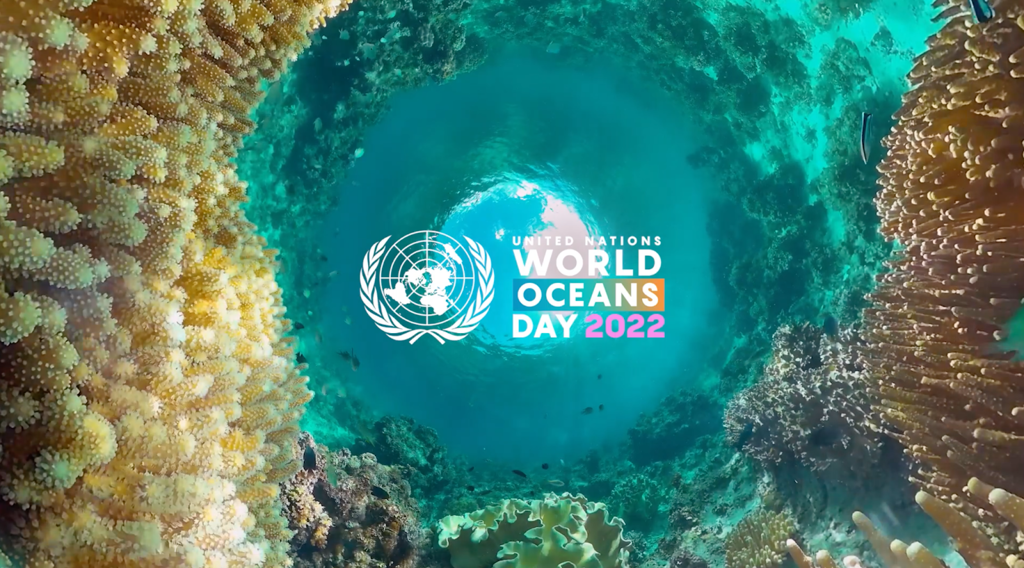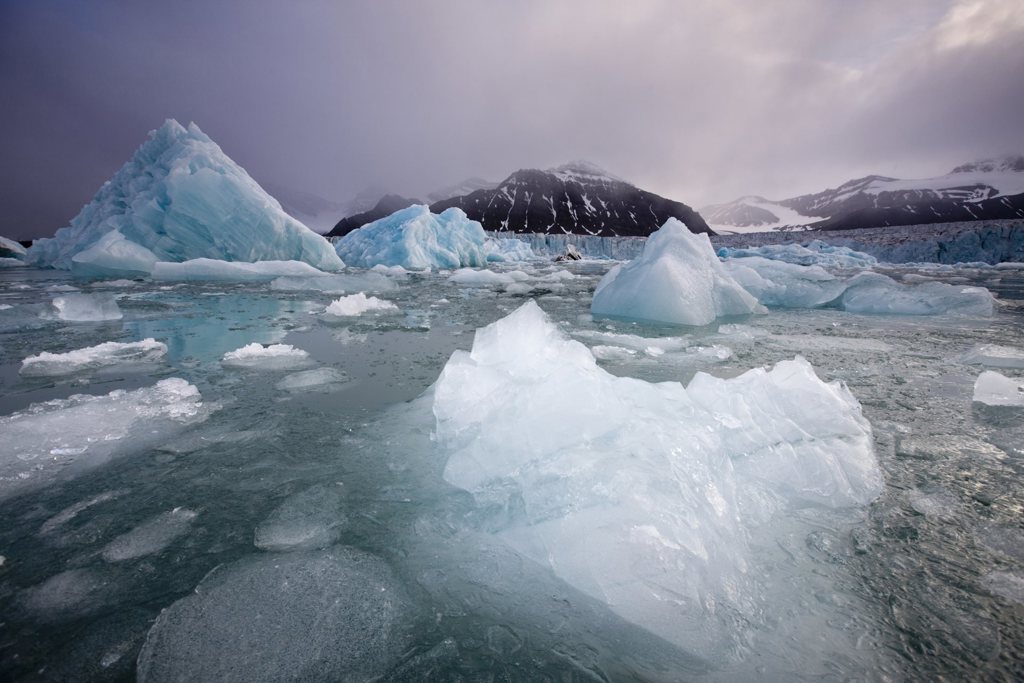2022 World Oceans Day: Optics for the Ocean
Leah Poffenberger, Corporate Communications Manager, Optica
Since the birth of humankind, the ocean has given us many gifts, from oxygen to sustenance to endless inspiration. It has also been an integral player in slowing climate change, acting as a sink for the carbon dioxide we generate and excess heat from our warming climate. However, the ocean can only do so much: our carbon emissions have exceeded the ocean’s capacity, leading to threats to its health, such as acidification.
Today, on World Oceans Day 2022, Optica joins the United Nations in celebrating our oceans and considering how we can protect this indispensable ecosystem. This year’s theme is “Revitalization: Collective Action for the Ocean,” highlighting work ongoing around the world to care for different aspects of the ocean’s health, from the sea floor to kelp forests to water quality.

The ocean covers many different climates and touches regions of the world in unique ways—it does span 71 percent of our planet! The Global Emissions Monitoring and Measurement Initiative (GEMM), a partnership between Optica and the American Geophysical Union (AGU), collaborates with research centers in specific regions to employ optics technology to develop and gather data for improved climate models in those areas. A region in particular need of monitoring is the Canadian Arctic as it faces accelerating climate change. The Canadian Arctic GEMM Center, located at Université Laval in Quebec, Canada, partners with a number of programs to study our most northern ocean.
Université Laval’s Sentinel North strategy, funded by the Canada First Research Excellence Fund, draws on over a half-century of northern and optics research to develop innovative new technology, train the next generation of researchers and improve our understanding of the changing northern environment and its impact on human beings and their health. The Sentinel North program includes hundreds of participants working across more than 70 research teams and collaborating with more than 350 organizations. These research groups work in areas such as developing new optical tools to monitor the state of marine ecosystems and infrastructure, understanding how changes in the northern environment impact the health of its population and transforming data into actionable solutions to sustain the Artic and sub-Artic regions.

As part of the Sentinel North strategy, Université Laval partners with a number of programs and institutions working to evaluate the health of the Arctic Ocean: Center for Northern Studies, ArticNet, Institut nordique du Québec, and many more. Together, these partnerships are gathering valuable data that can be used to inform region-specific solutions for protecting the Arctic ocean from the impacts of climate change.
The GEMM Initiative currently has centers in Northern California, New Zealand and Scotland in addition to the Canadian Arctic, and we welcome more partners in the quest to better monitor our climate, from the oceans to air quality. If your institution is interested in joining GEMM, visit the GEMM initiative website.
To learn more about World Oceans Day and what other organizations are doing to protect our ocean, visit the UN website.
